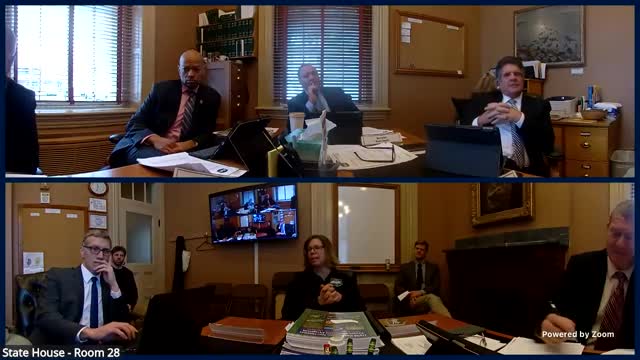
This article was created by AI using a video recording of the meeting. It summarizes the key points discussed, but for full details and context, please refer to the video of the full meeting. Link to Full Meeting
Disselhart emphasized that while the image of maple syrup production often evokes a pastoral scene, the reality is that contemporary producers rely heavily on advanced techniques to meet rising consumer demand. This demand is partly driven by a growing awareness of food quality among consumers, with organic syrup now making up more than half of Vermont's production.
The meeting also addressed the competitive landscape, particularly the influence of Quebec, which produces over 70% of the world's maple syrup. Quebec's supply management system allows for stable pricing and marketing, creating challenges for Vermont producers who must navigate a more unpredictable market.
Despite the technological advancements, weather remains a critical factor in syrup production. Disselhart noted that fluctuations in temperature can lead to significant variations in yield from year to year. For instance, the 2021 season was marked by unfavorable conditions, while 2024 saw a more favorable climate for many producers.
Franklin County, a key area for syrup production, alone could rank as the second-highest syrup-producing state in the U.S. if it were independent, producing nearly a million gallons annually. This growth is attributed to both new entrants into the market and established operations expanding their output.
As Vermont's maple syrup industry continues to evolve, the combination of technological innovation, consumer trends, and environmental factors will play a crucial role in shaping its future. The discussions at the Senate Agriculture meeting underscore the importance of supporting this vital sector, which not only contributes to the state's economy but also preserves its agricultural heritage.
Converted from Senate Agriculture 2025-01-29 11:50 AM meeting on January 29, 2025
Link to Full Meeting
Comments
View full meeting
This article is based on a recent meeting—watch the full video and explore the complete transcript for deeper insights into the discussion.
View full meeting